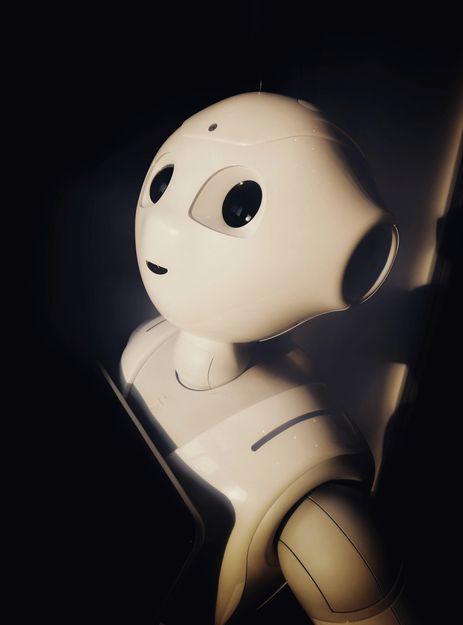7 Things Humans Can learn from Robots

In the last few years, robots have increasingly become part of daily life. Whether you talk about home cleaning, pool cleaning, or manufacturing, people are now interacting with robots more often.
Based on robot 980 reviews, you will know how most homeowners seem to like the ease it brings in cleaning their pool and other sections of their home. The unit’s advanced ability to keep track of its location while recharging as necessary without any input from the homeowner, are some of the features most people like. Others seem to the cleaner’s ability to boost power when cleaning carpets guaranteeing a clean home without the need to closely monitor how the robot is cleaning.
Why robots are increasingly gaining popularity
Safety
Unlike humans, robots are not prone to errors or distractions, which has seen them get preferred in risky environments. In working places where sharp objects, sharp objects, and heavy machinery can injure people, companies are investing in robots. Those who prefer robots doing dangerous tasks argue that it is cheaper to repair a robot than dealing with lawsuits or medical bills in worse case scenarios.
Productivity
Before robots became regular at homes, they were initially designed for companies to aid in the production. Unlike humans, robots do not get tired allowing companies to get consistent results throughout the working shift.

Humans easily get tired lowering their production affecting the company’s overall production. Furthermore, unlike humans, robots can work continuously without breaks and pauses as long as they have power. Moreover, robots can do most repetitive tasks allowing humans to concentrate on exciting jobs. If trained, robots can answer emails, talk to customers and even sell products.
Consistency
Humans are not consistent. They usually divide their attention between a multitude of things while their work and outcomes do not depend on other people. Robots are programmed to do a specific task whether it is cleaning a house or a pool, which guarantees a better result than humans. The limitation or effectiveness of the robot is based on the programming as opposed to the environment. For example, a pool cleaner will clean a pool whether it is raining or sunny with the same results.
Speed
Work done by robots can be finished on time without fail as long as the robot is functioning correctly. If the robot is programmed to clean a certain sized pool in one hour, you will always get the same results every time unlike humans as robots do not get stressed out or lose energy and start running slower. The robots also do not need to be motivated or supervised to produce at their best.
Perfection
Robots will always deliver whatever they are programmed to deliver. If they are designed to drill 2-inch holes, you can be sure that all outcomes will be perfect 2-inch holes irrespective of how many times the process is repeated, which cannot be said of humans. Robots are less likely to make mistakes as they are programmed to deliver precise results.
Dynamic
Unlike humans who come in one standard physical configuration, the robots are highly dynamic. Robots can be built at any size or shape allowing them to handle jobs that are difficult and impossible to humans. They are also made of different materials, which enable them to adjust to different environmental challenges.
High tolerance
Humans are picky, fragile and vulnerable, while robots are highly tolerant. Although humans have landed on the moon, space exploration over the last few years has been left to robots as they are tolerant space challenges that may require a lot of engineering for humans to withstand.
Conclusion
Although a few years ago the talk of robots becoming part of daily human life looked more fiction than reality, the robotic cleaners have brought the comprehension to reality. Whether you are talking about security, manufacturing, entertainment, or cleaning, the trend is shifting to robotic solutions.





